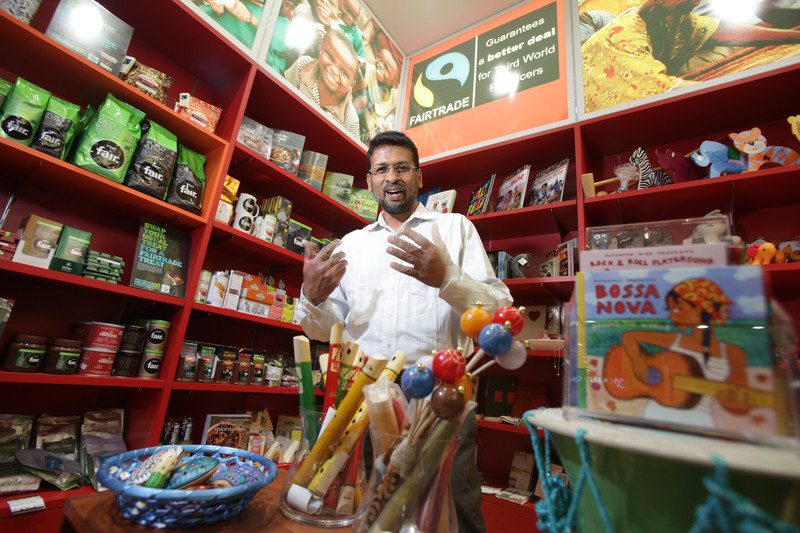Frequently asked questions
What is Fairtrade?
The term “Fairtrade” refers to an independently audited, product certification and labelling system set up with the aim of helping those who grow and produce coffee to get a fair go. It does this by:
- Paying farmers and workers a fair price for their work
- Helping them gain skills and knowledge to develop their businesses in the global economy
- Providing a certification and labelling system so Fairtrade standards are met and that the benefits of Fairtrade get back to the farmer who produced the product
Fairtrade also means farmers and communities can:
- Use improved environmental methods
- Establish democratic associations or cooperatives to start local community development projects from the proceeds of Fairtrade
- Have access to low-cost credit and technical assistance
- Receive a social premium that supports community projects
How are products certified as Fairtrade?
Each part of the coffee supply chain is certified. This means the sale of coffee can be tracked and audited so the benefits of Fairtrade get back to the farmer who grew the coffee. This coffee then carries the Fairtrade logo. For more information about the certification system visit the Fairtrade Labelling Organization International website.
How much do farmers earn from certified Fairtrade coffee?
A minimum price of AUD $3.80 per kilo is paid for the coffee. Certified Fairtrade coffee producer cooperatives receive an additional US 10 cents a pound or the equivalent of around AUD 25 cents a kilo to further their communities’ economic and/or social development. If the price for coffee rises over the Fairtrade minimum, the Fairtrade price also rises.
The higher price paid to farmers in the Fairtrade scheme means that they have effectively doubled their earnings over the past decade, compared to non-Fairtrade farmers who have been left struggling.
How do you know if coffee is Fairtrade?
Coffee that is fairly traded bears the Fairtrade logo. The logo means that the coffee has been traded by certified Fairtrade importers and roasters. The Fairtrade certification and labelling system provides consumers with independently audited assurances that the coffee has been fairly traded.
How does Fairtrade coffee taste?
Fairtrade coffee tastes great! There is no difference in how Fairtrade coffee is grown. The only difference is farmers receive a better price for their coffee and are better able to look after their crop. The taste and quality of Fairtrade coffees varies just as the taste and quality of other coffees varies.
Do the benefits of Fairtrade get back to the farmer?
The Fairtrade certification and labelling system audits the process from farmers to importers to roasters so that benefits get back to the farmers.
Will Fairtrade coffee cost more?
Importers pay a little more for Fairtrade coffee so there will usually be a small additional cost to consumers. As the farmer earns around 5 cents for the coffee in a Fairtrade cappuccino compared to 3 cents from a non-Fairtrade cappuccino, any price difference should be minimal. The price of Fairtrade coffee should decrease as sales continue to grow.
What other products exist and where can I get them?
There is a growing range of Fairtrade certified products available in Australia, including tea, chocolate, rice, handcrafts and soccer balls. You can buy Oxfam fair coffee and drinking chocolate online or in the supermarket, or find more information about Fairtrade products at the Fairtrade Association of Australia and New Zealand website.
